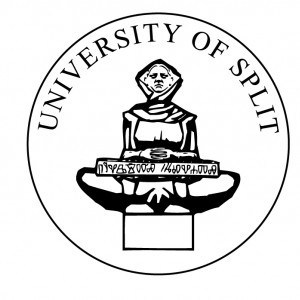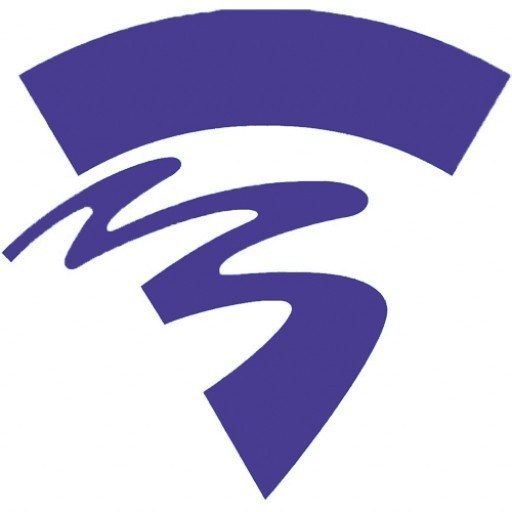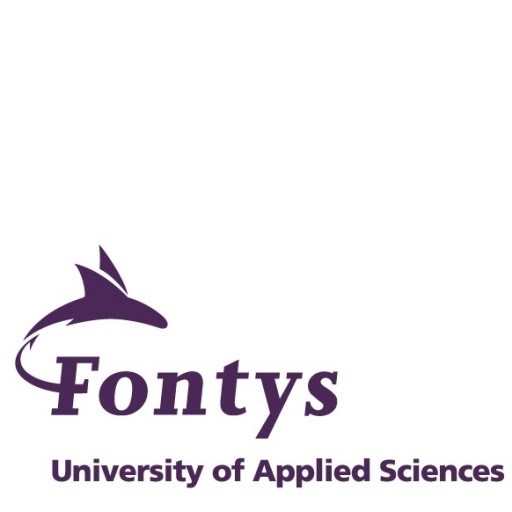The curriculum is governed by Bologna regulations, recommendations and principles in accordance with the University book of regulations for higher education and with the School of Medicine (Split) book of regulations.
The choice of this type of education is based on the perception of medical education as a source of a) knowledge, b) skills and c) attitudes where teaching units, at the end of the program, integrate previously acquired knowledge, skills and attitudes into medical care for a specific patient.
Knowledge and skills are acquired gradually during the program, which are then integrated into clinical rotations which train the student for independent medical work under appropriate supervision.
Knowledge is acquired through the study of natural sciences, followed by basic medical sciences and finally clinical sciences.
Skills are acquired through learning clinical skills, propedeutics and practicing clinical medicine.
Electives
Two weeks in a school year are scheduled for 25 hours of elective classes – one week in autumn and one in spring and never at the beginning or the end of the school year. Departments can also organize classes for electives within their blocks in such a way that they do not intervene with basic classes.
Electives also include clinical rotations. Students can choose electives from within a medical/surgical field. For example, surgical electives include: General Surgery, Neurosurgery, Orthopaedics, Ophthalmology etc. Elective classes consist of 250 hours of elective courses in the whole program (two in each of the first four years, 20 ECTS credits) and 640 hours (25 ECTS credits) of clinical rotations. This adds up to 890 hours (45 ECTS credits) which is equivalent to 16.1% of the total number of hours in the program (12.5% ECTS credits).
Vertical courses
Four courses are “verticalized”.
Propedeutics, in the narrow sense of the word, is in the third year but Clinical skills courses are added to it in the first two years. Clinical skills, Propedeutics, clinical subjects and clinical rotations are carried out so that the acquisition of skills begins by practising on anatomical specimens followed by artificial models and then finally on patients, gradually reaching the most complex procedures by the sixth year of the program.
Medical humanitiescourse unites ‘Introduction to medicine’, ‘Medical Sociology’, ‘Medical Ethics’, ‘History of Medicine’ and ‘Medical English’.
Scientific research course is comprised of subjects required for conducting scientific research in medicine, such as: medical statistics, medical informatics, principles of evidence based medicine (EBM), evaluation of health care excellence and writing of a graduate thesis. The first part (first five years) prepares the students for research in biomedicine and the second part (sixth year) comprises the writing of the graduate thesis.
Psychological Medicineis in the third and fourth years of the program and it is directed primarily towards acquiring relationship skills with patients and colleagues, rules of conduct and compassion.
Family medicine
Family medicine is an 80 hour subject (3 ECTS credits) in the final year. There are 20 hours of lectures and the practical part includes two students working in the School of Medicine’s Family Medicine Clinic throughout the sixth year until they have carried out 60 hours of work. Services at the Clinic are free of charge and students’ work is supervised by two family medicine physicians employed by the School of Medicine.
Clinical rotations
Clinical rotations are during the sixth year of the program. They integrate acquired knowledge and skills which the students are expected to apply in everyday practice while managing patients.
Clinical rotations cover: Internal Medicine, Surgery, Obstetrics and Paediatrics and Family Medicine. They are full time and last 4.5 weeks each (180 hours), except for Family Medicine which goes for 2.5 weeks (100 hours).
Students are led by their mentors during clinical rotations – one mentor per student. The rotation consists of students following the full time work of their respective mentors. In order to achieve this, students are distributed to different wards and rotated amongst them. This means that one person can mentor more students in a year.
Within the clinical rotations for Internal Medicine, Surgery and Obstetrics and Paediatrics students are given the choice of sub specialties while in Family Medicine they can experience working in a specific environment (city-village, island etc.)
Mentors are chosen from senior residents and junior ward physicians. Their only mission is to make their student-protégé a close follower of their work and their substitute whenever that is possible.
I. Application conditions:
Persons with following levels of prior education may apply:
1) Completed university education (or its final year) and the Medical College Admission Test (MCAT);
2) Completed university education (or its final year; natural sciences college or university program with biology, chemistry or physics as the major subject);
3) Completed secondary education (or its final year, in the total duration of 12 years) and the SAT Reasoning Test or American College Testing;
4) Completed secondary education (in the total duration of 12 years) with the state graduation result expressed in percentage based on which candidates are ranked in the home country;
5) Completed secondary education (or its final year) with none of the additional requirements listed 1-4.
The above conditions represent the priority criteria which will be used for selection of candidates.
Want to improve your English level for admission?
Prepare for the program requirements with English Online by the British Council.
- ✔️ Flexible study schedule
- ✔️ Experienced teachers
- ✔️ Certificate upon completion
📘 Recommended for students with an IELTS level of 6.0 or below.








